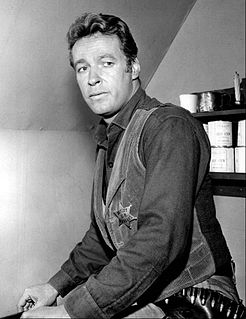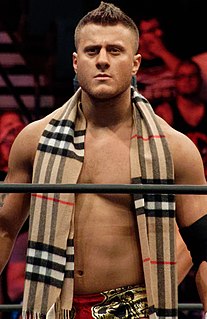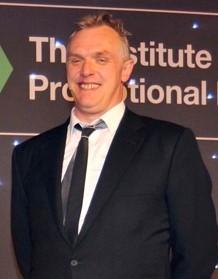A Quote by Noam Chomsky
The truth is, I have absolutely no professional credentials - literally, which is why I'm teaching at MIT.
Quote Topics
Related Quotes
I went to school at MIT with a whole bunch of engineers. And then I started work one day and asked myself, 'Why do all of these MIT Ph.D.s work for Harvard M.B.A.s?' Why should it be like that? I was one of those engineers who thought, 'Why are these people making those dumb decisions?' So it's fun to be the person making them.
There are two views of interpreting the Bible in America: that every word is literally the truth without qualification, and then the other view is, it's called plenary inspiration, which holds that all religious truth taught in the Bible is true from God, but each word is not necessarily interpreted literally.
The governors of the world believe, and have always believed, that virtue can only be taught by teaching falsehood, and that any man who knew the truth would be wicked. I disbelieve this, absolutely and entirely. I believe that love of truth is the basis of all real virtue, and that virtues based upon lies can only do harm.
In high school, I was the best broad jumper on our team, and I kind of thought that when I got to MIT, I'd probably still be the best broad jumper, 'cause why do broad jumpers come to MIT? But it turned out to actually be the other way around. There was another person in my class who could jump about 3 feet further than I could.





































